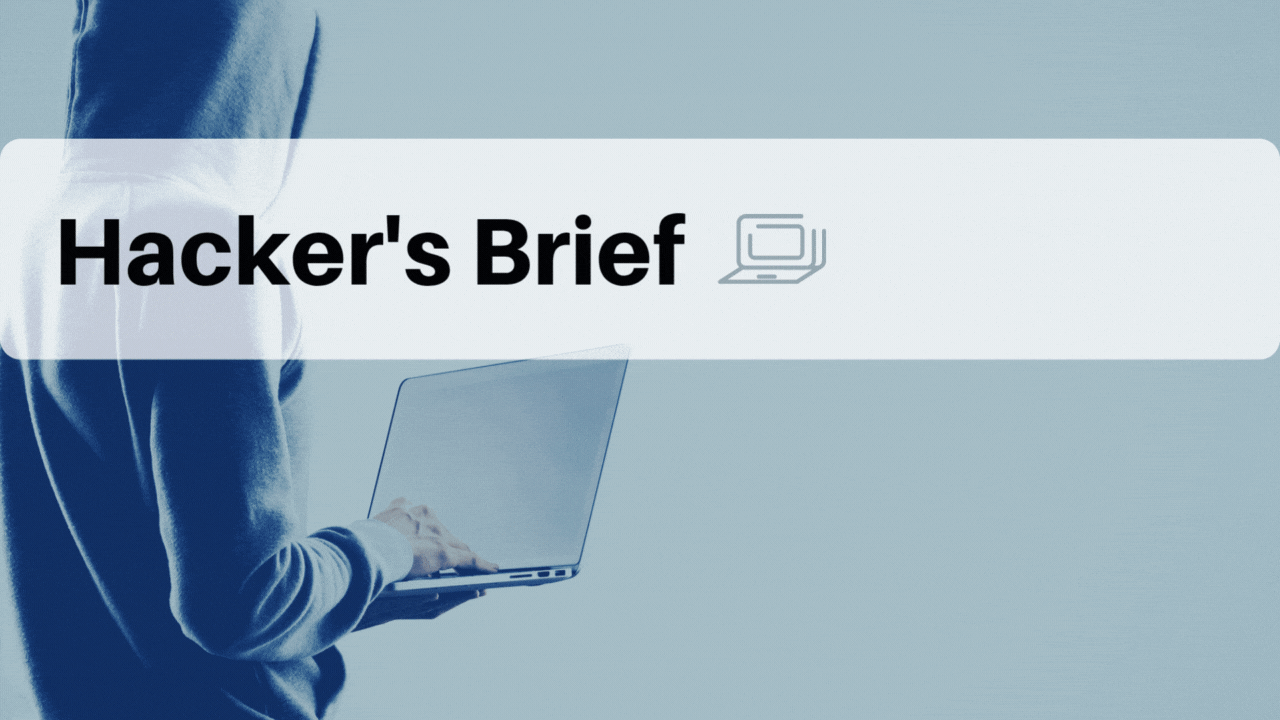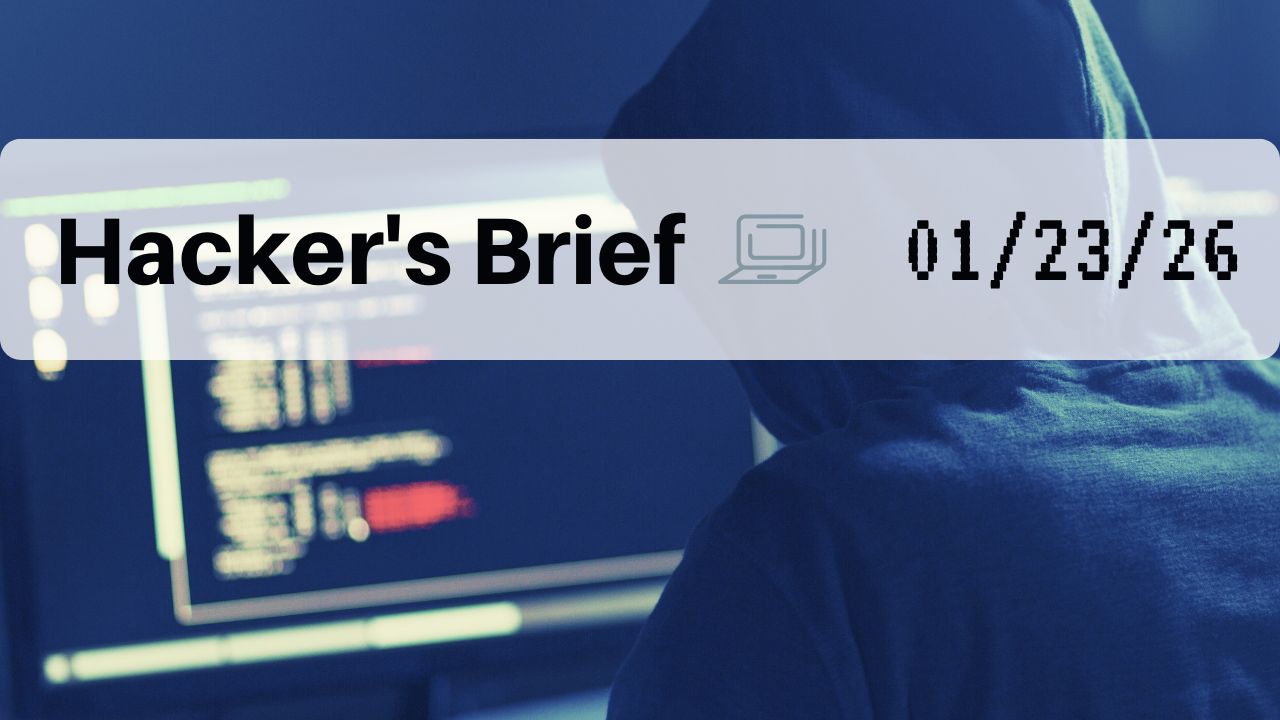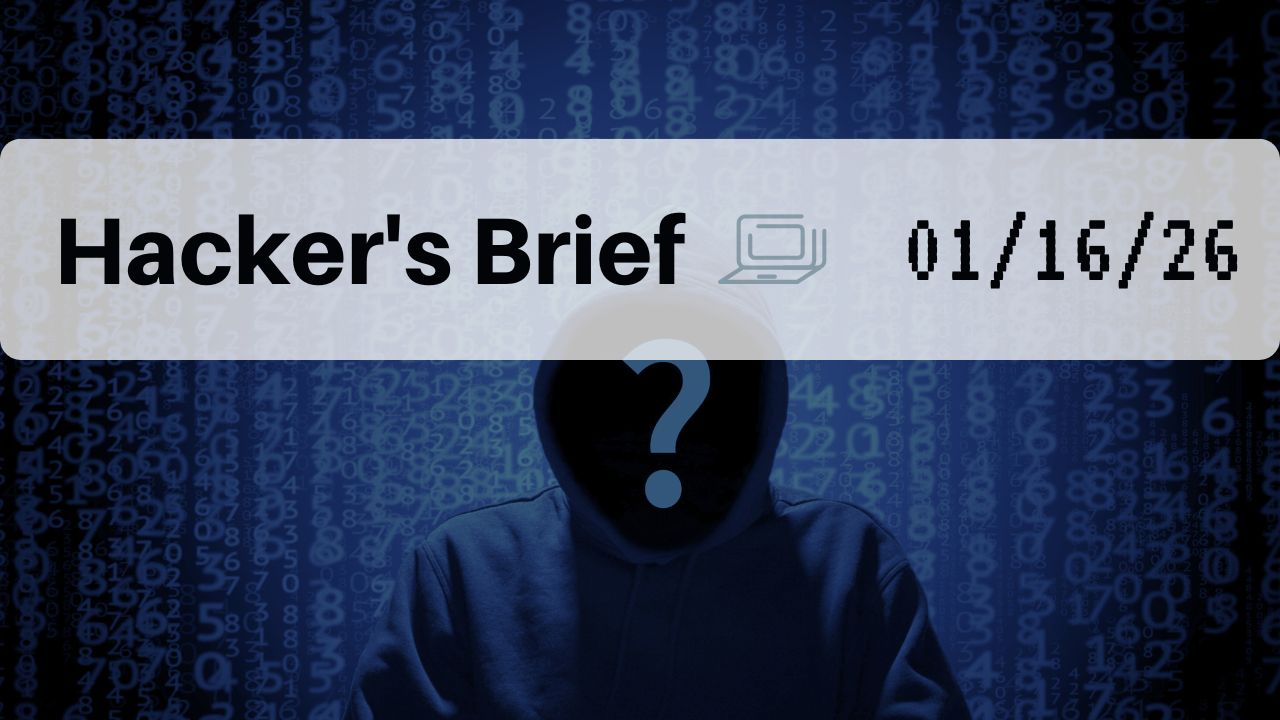
www.wyocan.org
www.cyberwyoming.org/alliance
307-223-1265, PO Box 2332, Laramie, WY 82073
Microsoft OneDrive Deactivation Scam: Microsoft OneDrive Deactivation:
A Laramie resident received a phishing email impersonating Microsoft OneDrive from the suspicious domain infomail.microsoft. The email warned that the recipient’s “personal account” had been inactive for two years and would be deleted the next day unless reactivated. It included links and buttons to “learn more” and “reactivate” the account. The reporter confirmed they do not have a Microsoft account associated with this email address, indicating it was a scam attempt. CyberWyoming Note: Do not click any links or buttons in suspicious emails. Be sure to report the email as phishing and delete it. Always verify account warnings by logging in directly through the official website, not via email links.
Fake Blue FCU Beneficiary Text:
A Laramie resident reported receiving a scam text from a Missouri (557) area code claiming that a new beneficiary named “Joe Hall” had been added to their Blue Federal Credit Union account. The message urged the recipient to visit a fraudulent link using an equisourceinvestors domain to cancel the action. CyberWyoming Note: If you receive a similar text, do not click the link or share any information. Blue FCU will never contact you to request your Online Banking Username or Password, Blue Card Number, PIN, or Online Banking Passcodes. If you ever suspect fraud, call 1-800-368-9328, visit bluefcu.com/security-center, or go into your nearest branch.
Microsoft Azure Outage Ripples Across the Internet:
On October 29, Microsoft’s Azure cloud went down, causing major disruptions for services like Xbox Live, Microsoft 365, and important systems for airlines, banks, and retailers. The problem was traced to a configuration mistake in Azure’s traffic management system, leading to slow performance, connection errors, and outages worldwide. Microsoft rolled back the changes and gradually restored service, with most systems back online by October 30, though some users still faced minor issues. The outage showed how dependent businesses and everyday services have become on cloud providers like Microsoft and AWS, where even small problems can ripple across the internet.
– Brought to you by TechRepublic
techrepublic.com/article/news-microsoft-azure-outage/
FCC Moves to Roll Back Telecom Cybersecurity Rules:
The FCC, led by Republican Chair Brendan Carr, plans to vote next month on scrapping cybersecurity requirements for U.S. telecom carriers that were enacted earlier this year under the previous leadership following major Chinese cyberattacks. Carr argues that the rules, based on a January CALEA declaration, exceeded the FCC’s authority, were inflexible, and ineffective at addressing cybersecurity threats. The proposed order would rescind both the declaration and the related proposed rules, favoring a “targeted” and collaborative approach with carriers instead of one-size-fits-all mandates. Critics warn that eliminating these rules leaves U.S. telecom networks vulnerable, especially after the 2024 China-linked Salt Typhoon hacking campaign, which exposed sensitive government and private communications. Recent reports of undetected hacks on a major telecom provider underscore ongoing risks.
– Brought to you by Cybersecurity Dive
cybersecuritydive.com/news/fcc-cybersecurity-telecommunications-carriers-brendan-carr-eliminate-rules/804259/
Browsers Leaking Information:
Your web browser unknowingly reveals a vast amount of information about you such as your device type, operating system, fonts, screen size, and plugins, which can be combined to create a unique browser fingerprint. Unlike cookies that can be deleted, fingerprinting leaves no trace on your computer and allows advertisers and data brokers to track your online activity without consent. While tools like VPNs, incognito modes, and Do Not Track headers offer limited protection, the most effective defenses include privacy-focused browsers like Brave, Firefox, or TOR, and anti-tracking tools such as Avast AntiTrack, Norton AntiTrack, or the EFF’s Privacy Badger. Ultimately, maintaining online privacy requires proactive measures to obscure or randomize your digital fingerprint and limit the data your browser shares.
– Brought to you by MSN
msn.com/en-us/news/news/content/ar-AA1NHEgM
Gen Z at Risk Online:
AI-driven scams are increasingly targeting Gen Z’s mobile lives, exploiting their digital habits and personal information to carry out high-pressure extortion tactics like sextortion, deepfakes, and virtual kidnapping. Gen Z is particularly vulnerable, with over half targeted and more than a quarter victimized, suffering severe emotional, reputational, and financial consequences. These scams are amplified by AI, which makes fake voices, videos, and scenarios highly convincing. Risk is heightened by mobile-first behaviors, frequent use of informal social platforms, and overconfidence in personal security. Victims often face daily attempts, alert fatigue, and lack protective measures, even after experiencing scams firsthand. Preventative strategies such as slowing down, testing claims, opting out of suspicious interactions, and verifying identities can reduce risk, while awareness and sharing victim experiences help counter the stigma and make these threats less effective.
– Brought to you by MalwareBytes
malwarebytes.com/blog/news/2025/10/ai-driven-scams-are-preying-on-gen-zs-digital-lives
MS-ISAC and CISA Patch Now Alert:
The Multi-State Information Sharing and Analysis Center (MS-ISAC) or the Cybersecurity & Infrastructure Security Agency (CISA) has published a patch now (update your software) alert for Google’s Chrome Browser and CWP (aka Control Web Panel or CentOS Web Panel). If you use these products, make sure the software is updated.
Data Breaches in the News:
George E. Weems & Virba Hospitals, Askul, and Oglethorpe, Inc. Note: If you have an account with these companies, be sure to change your password and consider placing a credit freeze on your accounts through the three credit reporting agencies: TransUnion, Experian, and Equifax.
Please report scams you may experience to phishing@cyberwyoming.org to alert your friends and neighbors.
Other ways to report a scam:
- Better Business Bureau Scam Tracker: bbb.org/scamtracker/us/reportscam
- Wyoming Attorney General’s Office, Consumer Protection
- File a complaint with the Federal Trade Commission at reportfraud.ftc.gov
- Get steps to help at www.IdentityTheft.gov
- Report your scam to the FBI at www.ic3.gov/complaint
- Reported unwanted calls to the Federal Trade Commission’s Do Not Call Registration. Online at donotcall.gov/report.html or call 1-888-382-1222, option 3
- Office of the Inspector General: oig.ssa.gov
- If you believe someone is using your Social Security number, contact the Social Security Administration’s (SSA) fraud hotline at 1-800-269-0271.
- AARP Fraud Watch Network (any age welcome) Helpline 877-908-3360
- IRS: report email scams impersonating the IRS to phishing@irs.gov
- Call the Wyoming Senior Medicare Patrol (SMP) for assistance with potential Medicare fraud, abuse, or errors at 1 800 856-4398
- Victim Support: The AARP Fraud Watch Network and Volunteers of America (VOA) created a new, free program to provide emotional support for people impacted by a scam or fraud, called ReST. Visit www.aarp.org/fraudsupport to learn more about the free program and register




.jpg)



